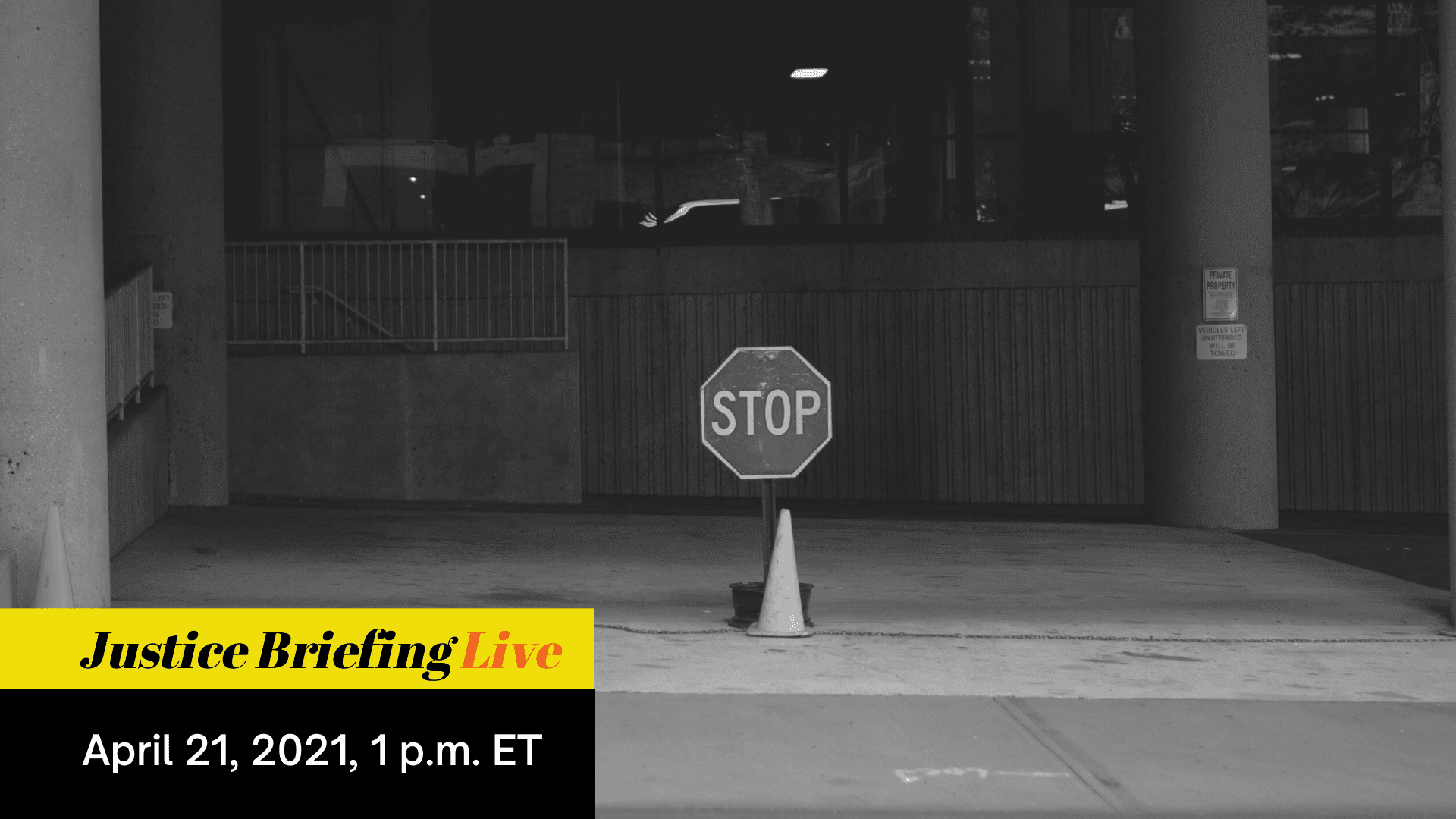
How States Can Reduce Structural Barriers to School and Work for People with Juvenile Records
There is an assumption that juvenile records do not have the same impact on employment or educational attainment as adult criminal convictions—that they are automatically sealed or expunged. But the collateral consequences of involvement with the juvenile justice system can be significant and long-lasting.
These restrictions also disproportionately affect people of color due to persistent racial and ethnic disparities in rates of juvenile justice involvement. And given the negative impact that the COVID-19 pandemic has had on economic opportunities for young adults, it is crucial that state policies don’t unnecessarily prevent people with juvenile records from taking part in an inclusive economic recovery.
A first-of-its-kind analysis from The Council of State Governments (CSG) Justice Center, Reducing Structural Barriers to School and Work for People with Juvenile Records, examines education- and employment-related barriers in 12 states that affect people following their involvement with the juvenile justice system.
People with a juvenile record can face legal barriers—imposed through state statute or employers and postsecondary institutions—that prevent them from continuing their education, earning credentials, and obtaining meaningful employment. And these consequences even apply to people who committed a minor offense, such as trespassing, or a status offense—acts that are illegal only when committed by juveniles—such as truancy or breaking curfew.
While statutes in the studied states acknowledge the difference between juvenile adjudications and adult criminal convictions, the CSG Justice Center found that state policies don’t effectively distinguish between the two and are often undermined by vague language, explicit exceptions, and a lack of clear criteria. This is particularly evident in consideration of “good moral character” or “fitness” requirements for a particular job or license that often lack guidance for how decisions will be made, and thus, could include a consideration of juvenile records.
A companion policy solutions toolkit from the CSG Justice Center provides sample legislative language to help states build on robust national support for collateral consequences reform and second chances for people with juvenile records.
The toolkit highlights five key areas where improvements to state policy can have the greatest impact on opportunities for people with juvenile records. Some of these improvements include making juvenile records presumptively confidential, clearing records automatically without cost for most youth, and advising youth of the possible education and employment barriers that could result from a conviction.
Policymakers can easily tailor the solutions for their respective states and learn from best practice examples in the toolkit.
 Reducing Structural Barriers to School and Work for People with Juvenile Records
Reducing Structural Barriers to School and Work for People with Juvenile Records
The CSG Justice Center hosted a discussion exploring education- and employment-related collateral consequences for youth and what concrete…
About the Authors












